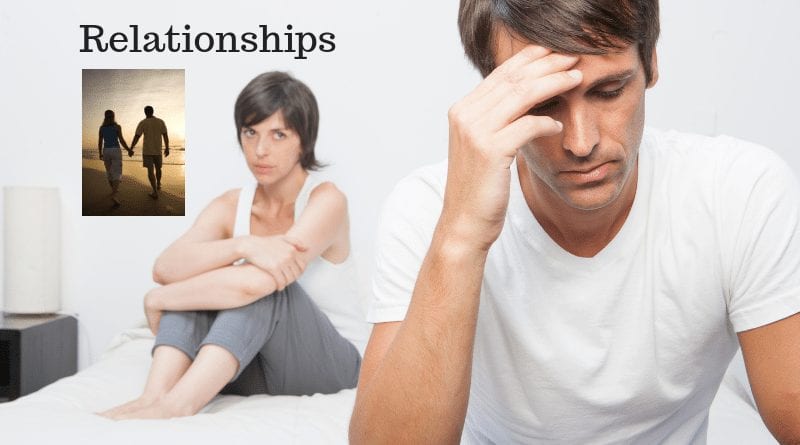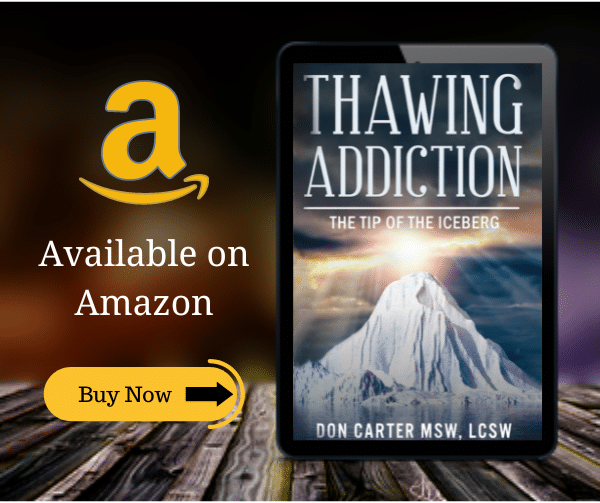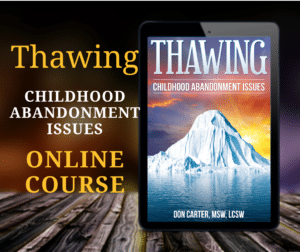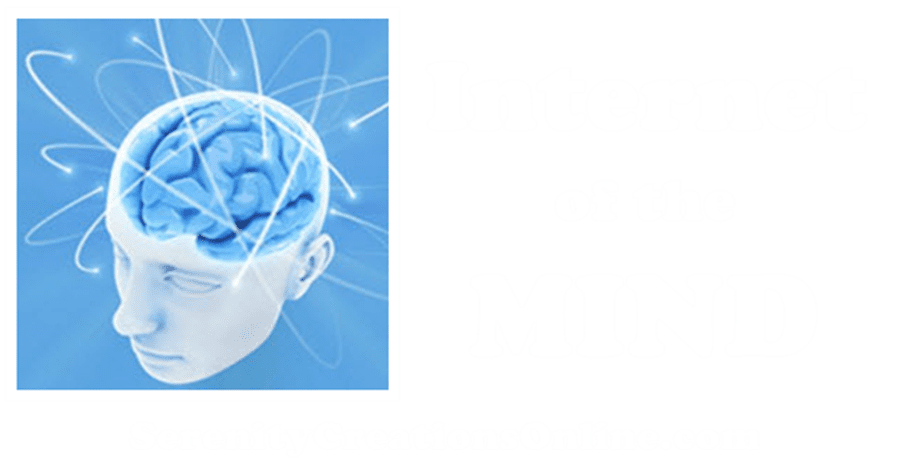
The Chaos of Codependency
The Chaos of Codependency: When a person is involved with someone who has a drinking or drugging problem they can be negatively impacted by those situations. If the unhealthy relationship continues that person may begin to experience codependency. What exactly is codependency? And can you be codependent with someone even if that person doesn’t drink or use drugs?
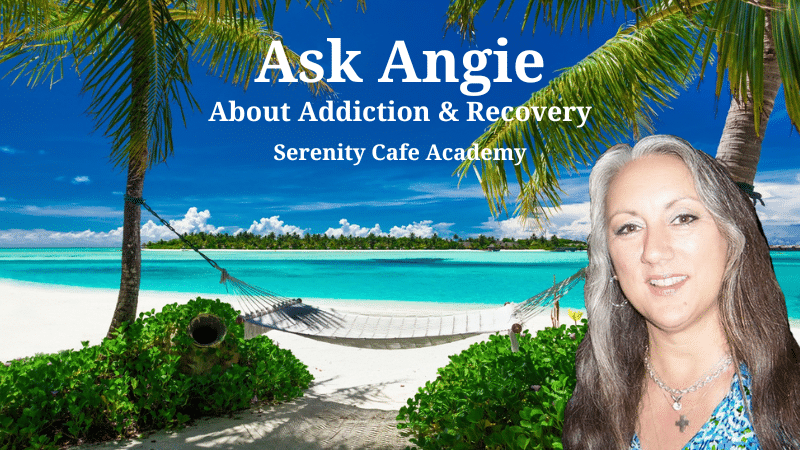
Codependency is most evident in a relationship where one person is an alcoholic/addict and the other person is the co-addict (or co-dependent), but it can also occur in other dysfunctional relationships where alcohol or drugs are not present. Codependency has a variety of characteristics and there are several ways to define it.
Two definitions have proven to be helpful in the attempt to describe the chaos of Codependency. The first one is a chronic attempt to please or manipulate others to create self-esteem based on ‘doing good’. This identity is false, unhealthy, and becomes progressively destructive.
Another description is – becoming other focused, or simply put, being addicted to the alcoholic or addict. Becoming “other-focused” means an individual loses sight of their identity; who they are, what they like, their goals and ambitions, and their sense of purpose. They become hyper-focused on the behaviors and concerns of the alcoholic or addict.
How does the chaos of Codependency happen? It usually stems from growing up in a dysfunctional family and can be a learned behavior that has been role-modeled and passed down from one family member to another. It can run in families just as alcoholism and addiction do. It is an addiction in itself; an addiction to others. Codependency can develop as a method to survive the dysfunction and avoid the painful feelings derived from this type of upbringing.
Children can suffer from not having their psychological needs of time, attention, direction and affection fully met. In an attempt to make sense of the chaos and turbulence that occurs where active alcoholism exists many children will internalize the negative feelings of the dysfunction and that can produce a core of shame. They somehow feel as if the chaos of Codependency is their fault for things being the way they are. They can suffer from low self-worth and a variety of inadequacies. This is not usually on a conscious level, but an unconscious one.
As children grow up they may gravitate towards individuals with alcohol or drug problems and begin to try and “help” that person. The alcoholic usually “needs” the codependent in a variety of ways. Many times they need someone to take care of things they don’t want to deal with such as finances and making sure the bills get paid. Family obligations and responsibilities are often left to the codependent and they accept these duties as it gives them a sense of being in control and a sense of sacrificing for the good of the family.
The Chaos of Codependency
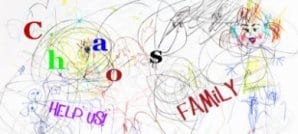
The alcoholic family may also “need” the co-addict to be controlling, nagging, scolding and negative as that behavior fuels conflicts and thus validates another spree of drinking or drugging. Some of the comments that are frequently made from codependents are:
- “Why don’t you just stop drinking, or at least slow down”
- “If you drink again I’m leaving you”
- “You are worthless, all you do is drink and hang out with your buddies”
- “I have to do everything around here”
- “I am tired of paying all the bills”
- “You are not pulling your weight around here”
- “We can’t have friends over because you embarrass me”
- “You don’t ever clean the house or cook anymore because you’re too busy partying or don’t feel good”
These accusations may be very true and many times the alcoholic will try to change his/her behavior and provide a sense of hope to his/her partner, only to set in motion one more disappointment when they are not able to successfully not drink. It is the hope of change and the familiarity of the dysfunction that usually keeps the chaos of Codependency in the relationship.
It can be very difficult to break that cycle of dysfunction, set boundaries and do something different. Fear is the underlying culprit in this vicious cycle. If the codependent is not focused on the other person, they would need to focus on themselves and that would be too painful. Recovery is an inward journey and they either don’t believe anything is wrong with them or they can’t go inward because of their own internal pain.
As the codependent becomes more and more focused on the behaviors and problems with the alcoholic the relationship and/or family unit can begin to respond to strain and lack of attention to other matters. Codependents begin to suffer from physical problems as the body is continually assaulted with stress hormones and neglect of healthy practices. Some codependents will have a multitude of health issues and suffer not only mentally but physically.
Getting into recovery from the chaos of Codependency is not an easy task, but very possible. It requires coming out of denial (much like the alcoholic has to do) and being willing to receive help. Individuals can and do recover from codependency and can go on to have healthy, happy relationships with others.
About the Author
Angie Carter, CRADC, SAP is a certified alcohol and drug counselor in the State of Missouri and DOT certified Substance Abuse Professional. She is in private practice with her husband at Carter Counseling & Consulting Services in Central Missouri. Angie sees clients in the office and is also available for telephone coaching and/or counseling. Click here to contact Angie with your questions or feedback.

